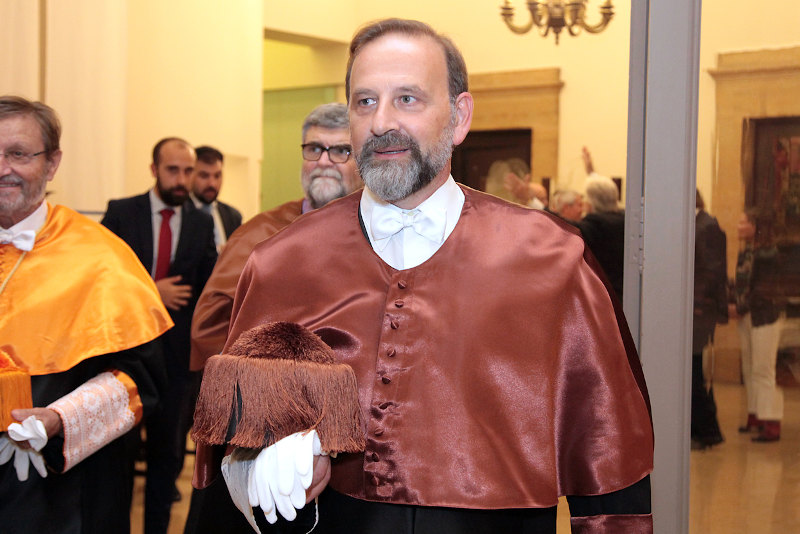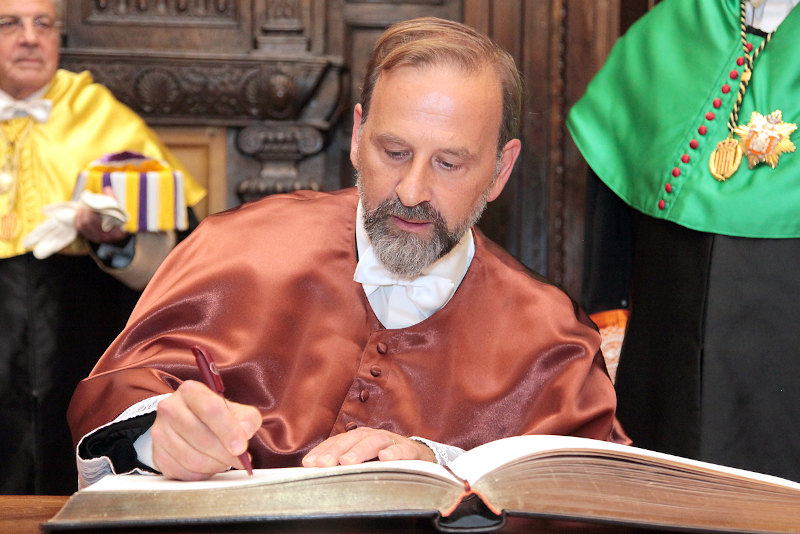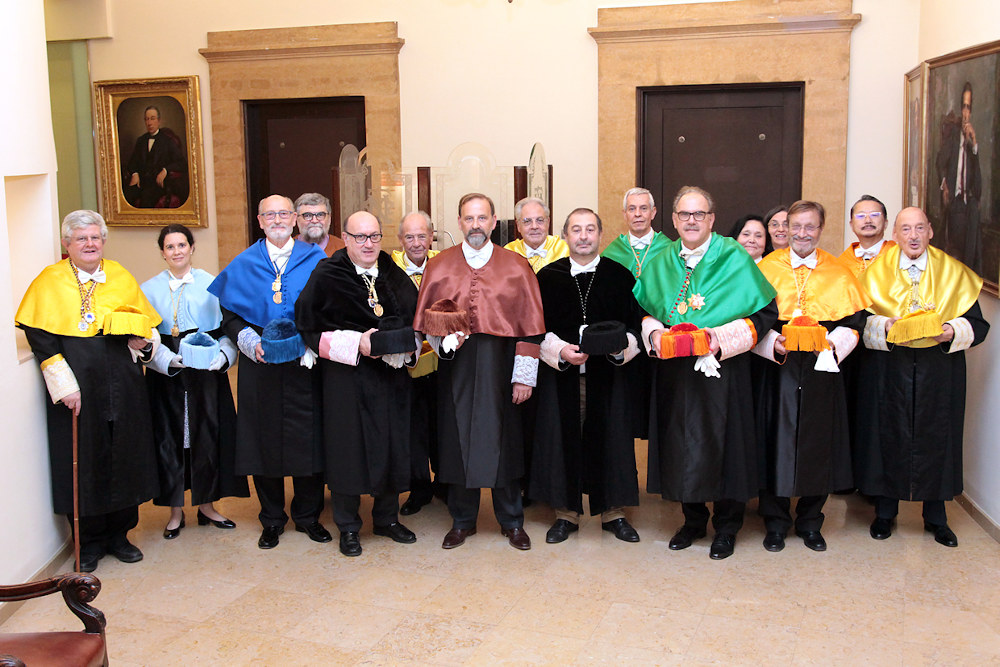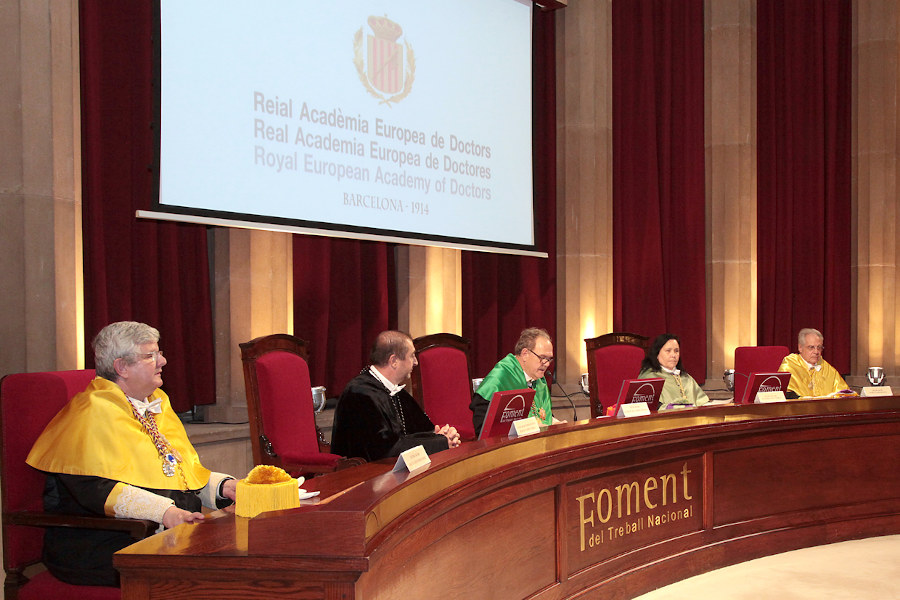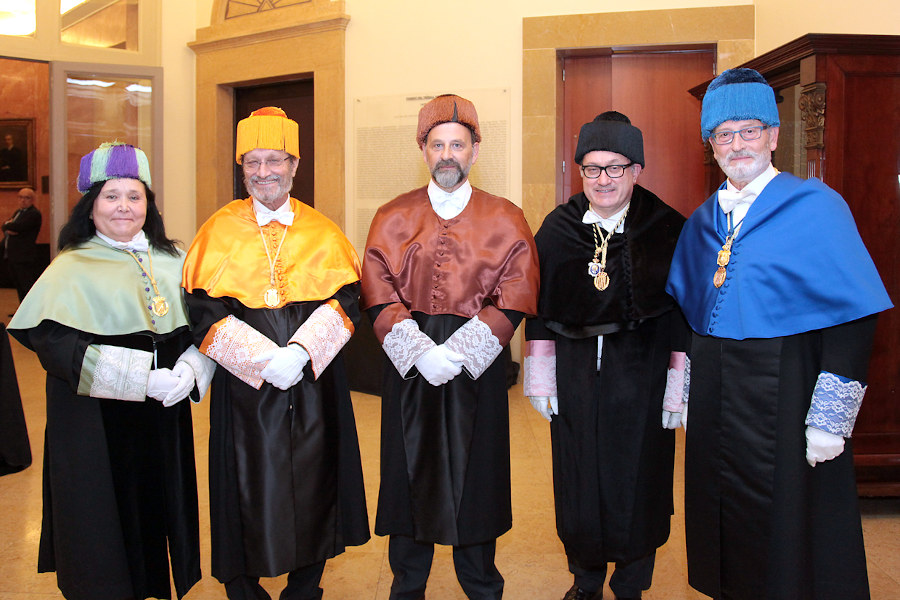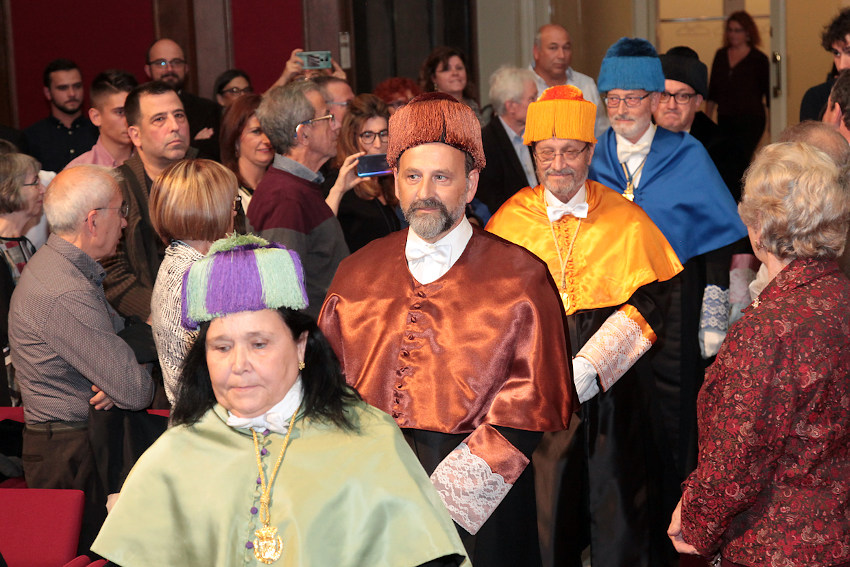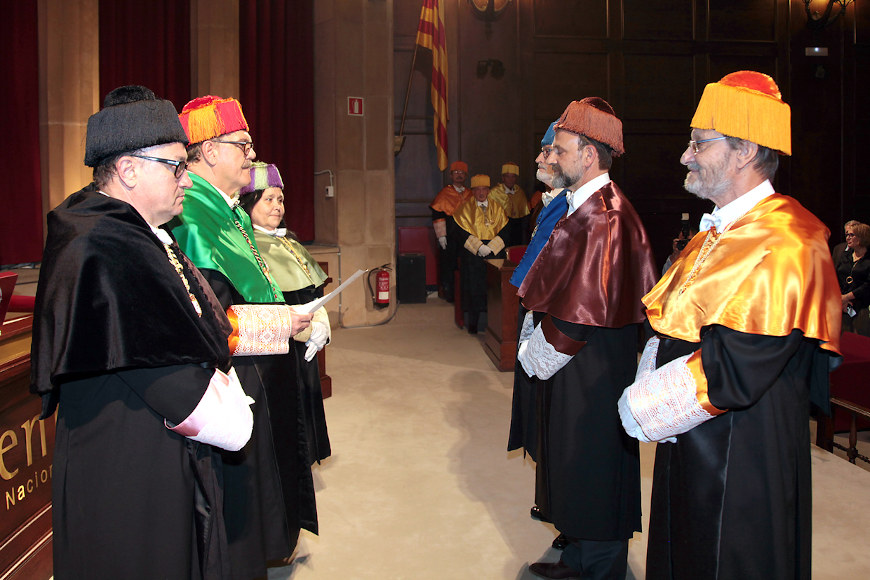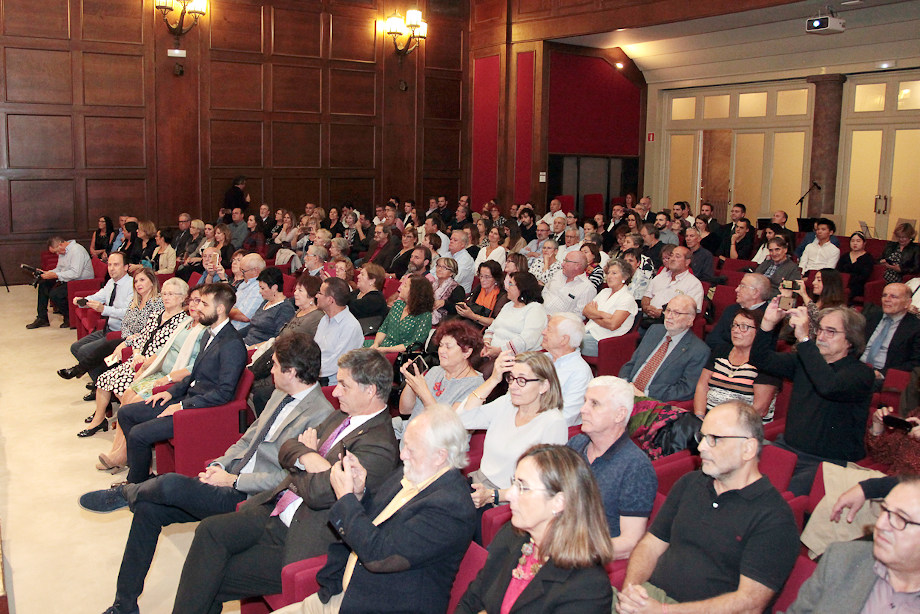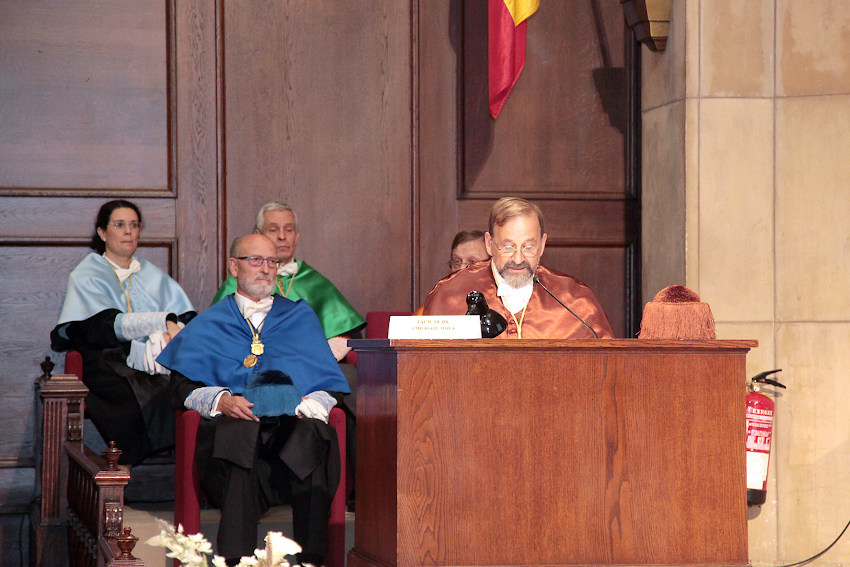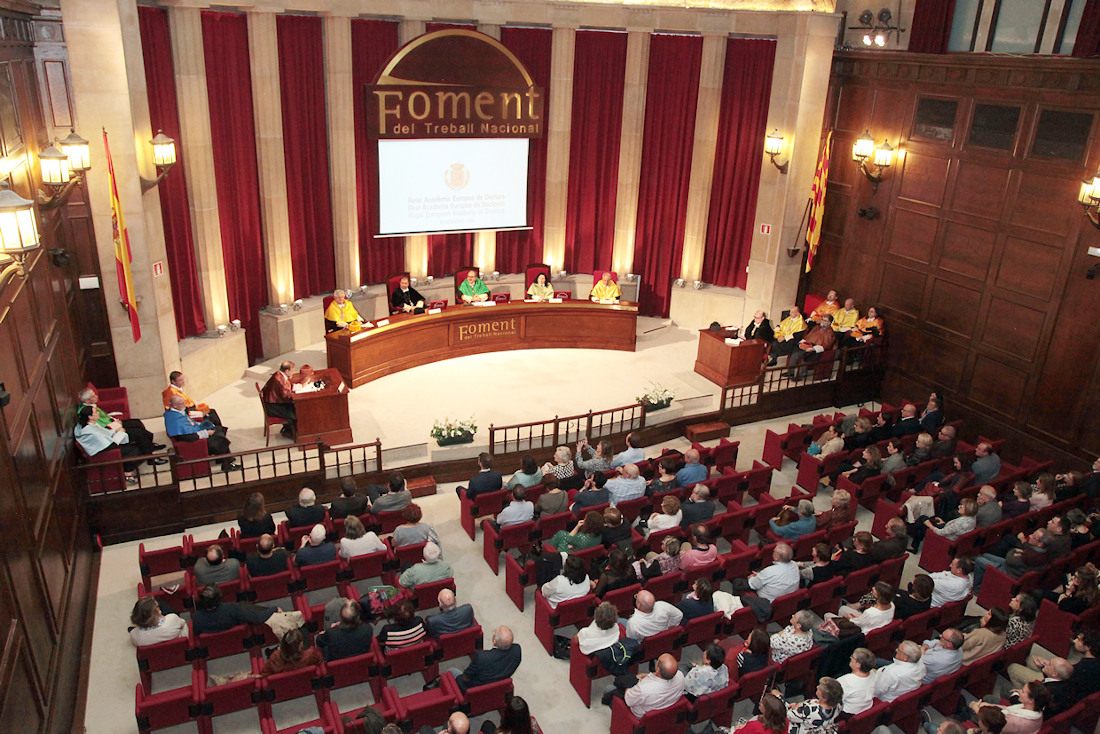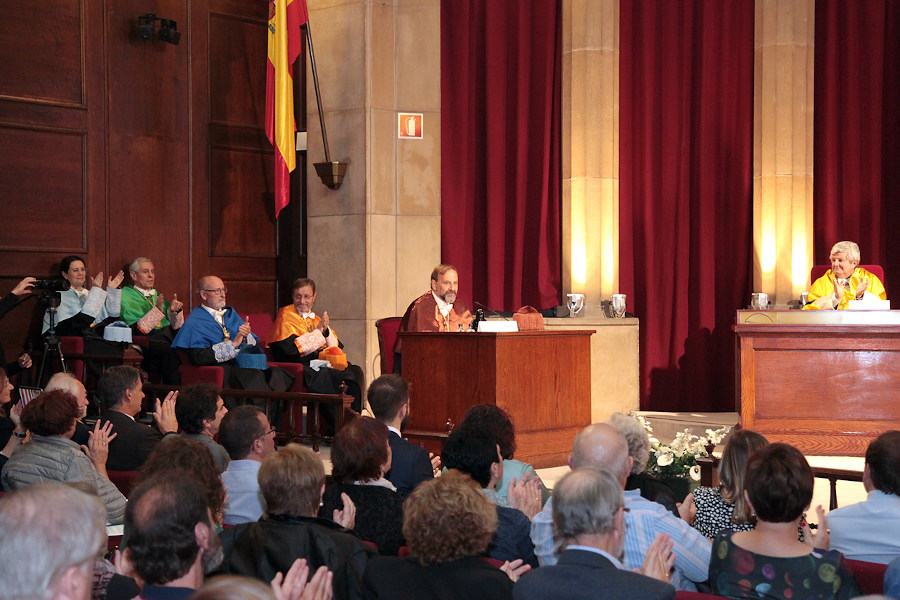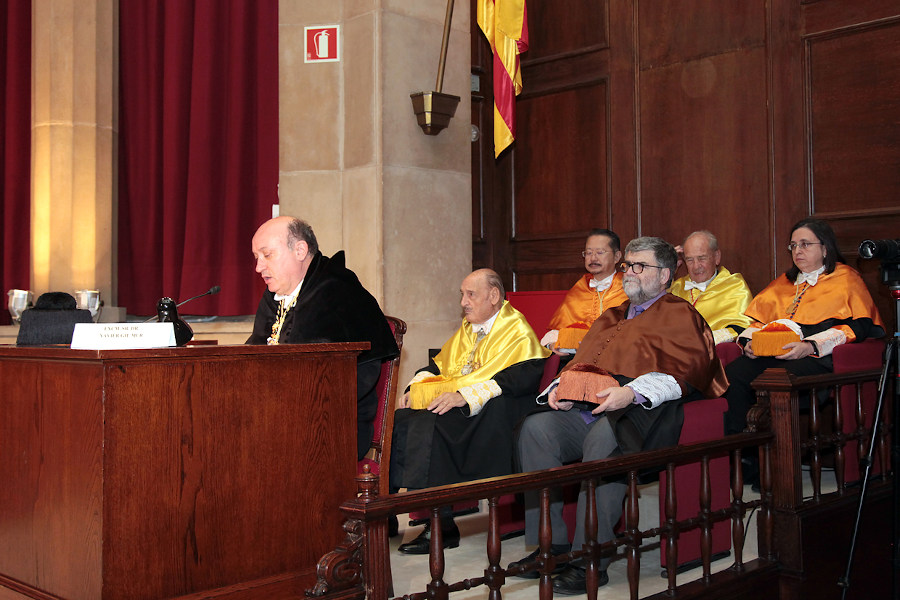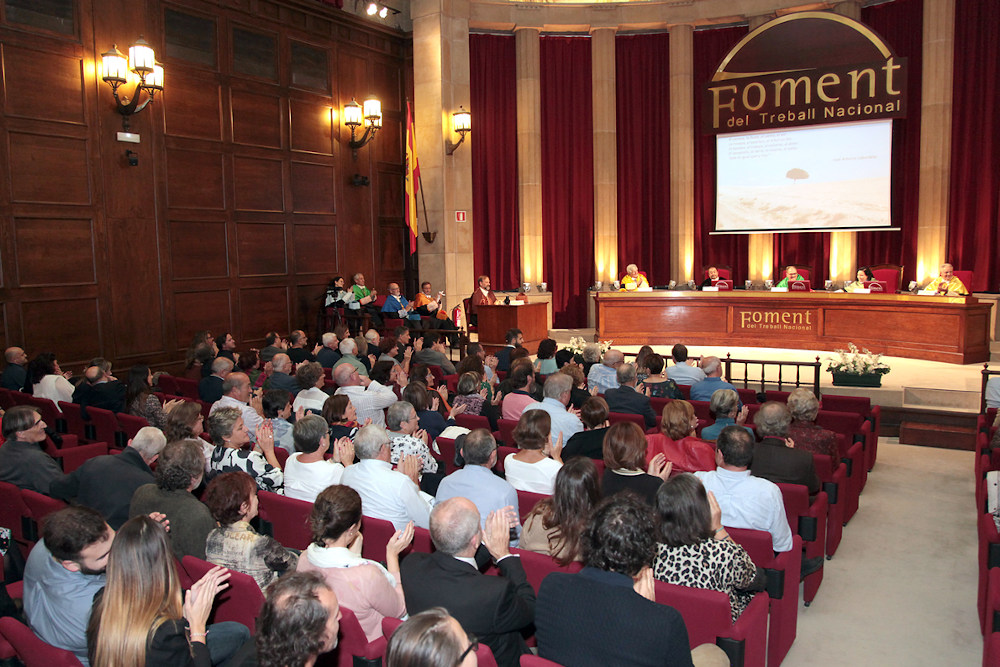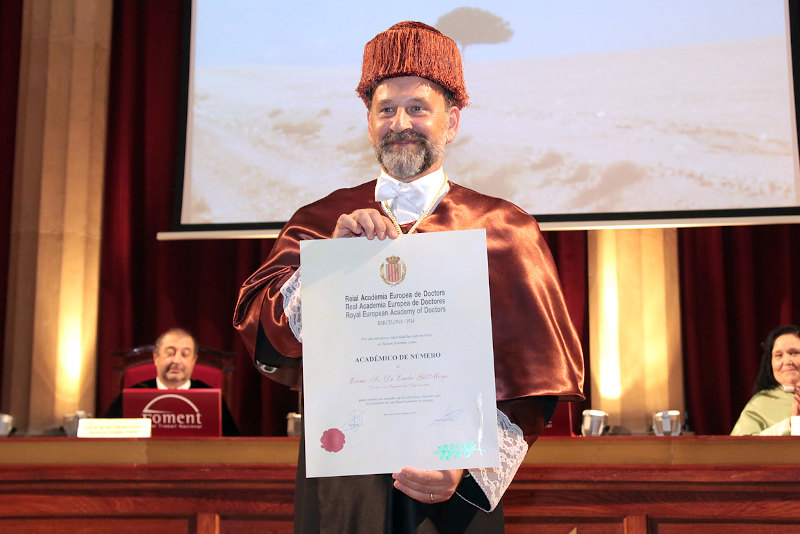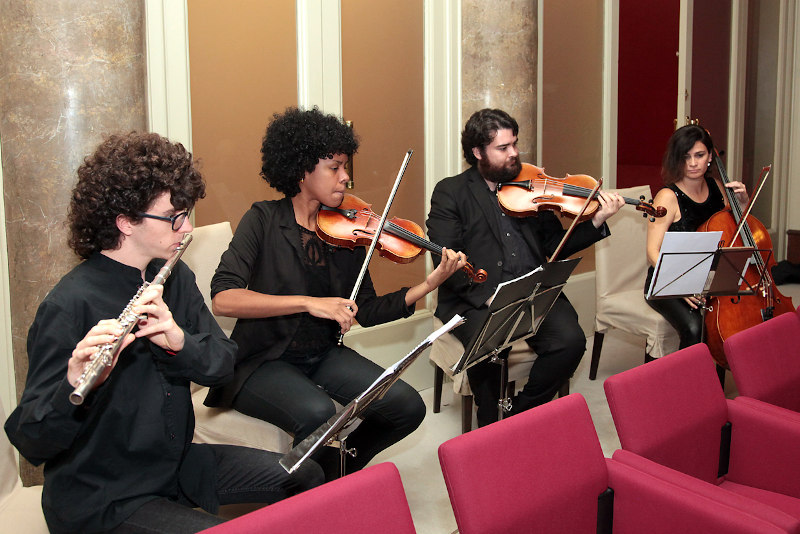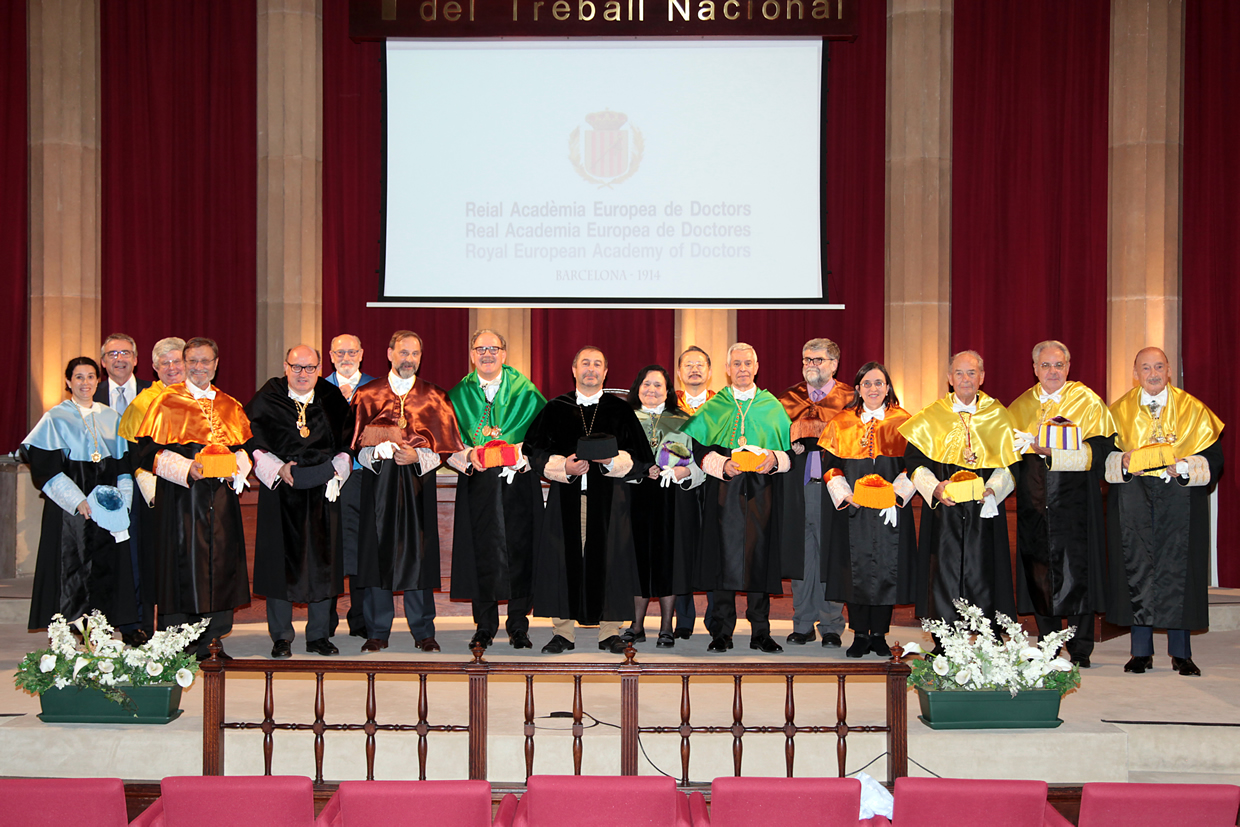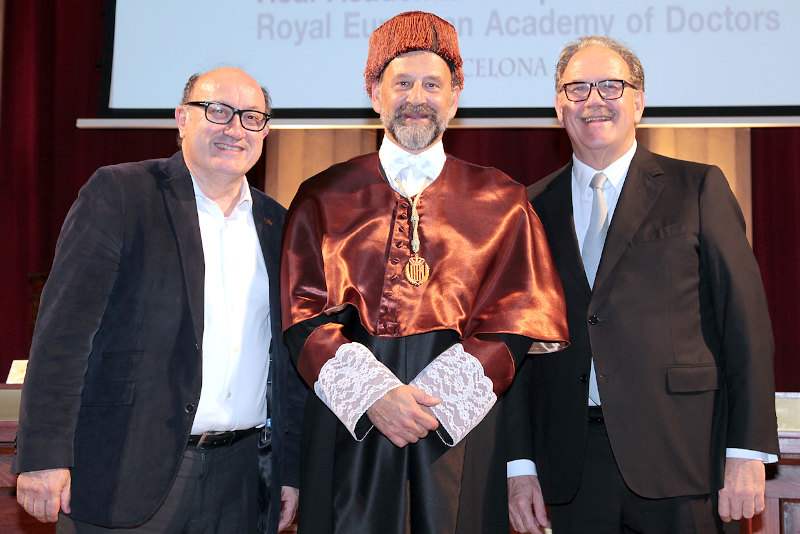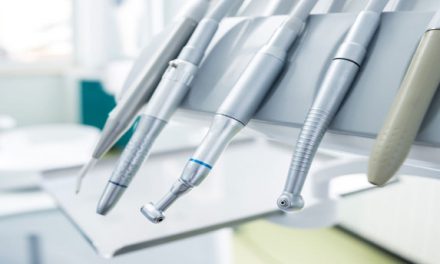Emilio Gil Moya, director of the Agricultural Mechanization Unit of the Polytechnic University of Catalonia, enters at the Royal Academy
Emilio Gil Moya, professor of the Department of Agrifood Engineering and Biotechnology and director of the Agricultural Mechanization Unit of the Polytechnic University of Catalonia, entered as full academician at the Royal European Academy of Doctors-Barcelona 1914 (RAED) during a ceremony that took place held last Monday, October 28, in the Assembly Hall of the Catalan labor Promotion of National Work, headquarters of the RAED. The recipient read the admission speech “Días de campo” (Field days). On behalf of the Royal Academy answered the full academician and rector of the International University of Catalonia Javier Gil Mur. The event was attended by more than 200 people and 20 academicians.
Doctor in Agricultural Engineering, the new academician raised the contrast that exists today between technology and research that has allowed to be coined the concept of agriculture 4.0 and the few resources and bad image that the primary sector still has, especially in Spain: “Agriculture doesn’t sell. It doesn’t sell among young people when they have to decide their professional future and that is reflected in the worrying figures of entry into the multiple (too many I would say) agriculture universities in our country; it doesn’t sell in the media in which the agricultural sector is news only when problems occur; it doesn’t sell among the political class despite the fact that all of them ensure that it’s a strategic sector; it doesn’t sell in the field of research: those that we dedicate to this we suffer continuously the serious disadvantages of facing competitive calls with other colleagues from other sectors whose research is much or more attractive and media and, consequently, much richer and more gifted. And that is a fish that bites its tail: the differences between the research groups are getting bigger and the opportunities of the smaller ones are getting smaller. In short, we are a small and unmediated sector with the enormous responsibility of feeding an increasingly demanding population”.
From this initial reflection, Gil Moya addressed the innovations that should allow the sector to face its necessary reconversion and updating, studied and largely driven by the Agricultural Mechanization Unit created 15 years ago and which he directs. This is the case of the new electronic methods for the characterization of vegetation, variable applications in real time with proximity sensors and drones, the variable application based on maps, the Dosaviña app or the H2020-OPTIMA projects for advanced protection research of crops and Innoseta, a European platform for the farmer. Innovations that the new academician has followed closely in the Spanish agricultural sector and that have been successfully implemented.
“The results obtained after this long series of years of research, transfer and training activities in the agricultural sector by the research group of the university are encouraging, as well as difficult to quantify”, said Gil Moya. The available data show a general reduction in the use of pesticides. This reduction is estimated between 20% and 30% depending on the area and the crop, being much more interesting in the case of fruit and olive crops, where product doses were maintained at very high levels compared to the recommended level, and there has also been a notable increase in the use of new technologies for drift reduction, such as the use of air injection nozzles, or the increasing use of tools such as Dosaviña, which greatly facilitate the work of the farmer. Also noteworthy is an improvement in the overall process of equipment regulation, with a progressive reduction in the volumes of broth used, which directly reduces the risk of contamination”.
The new academician insisted on the need to continue promoting and developing the sector through public and private funds. “All this work has been possible thanks to this group of young (and not so young) researchers who, despite the not very attractive circumstances that have been around the Spanish public university for too long, have contributed all their energy, passion and enthusiasm. Too bad that many of these researchers, with certainly enviable potential, have had to look for career alternatives away from the academic world. Something must change in the public university system to avoid these situations”, he concluded.


